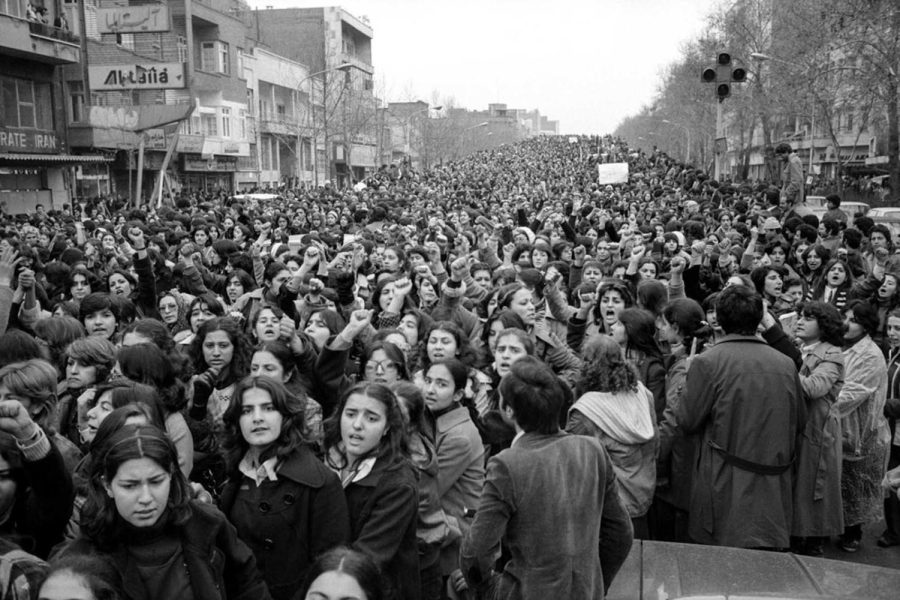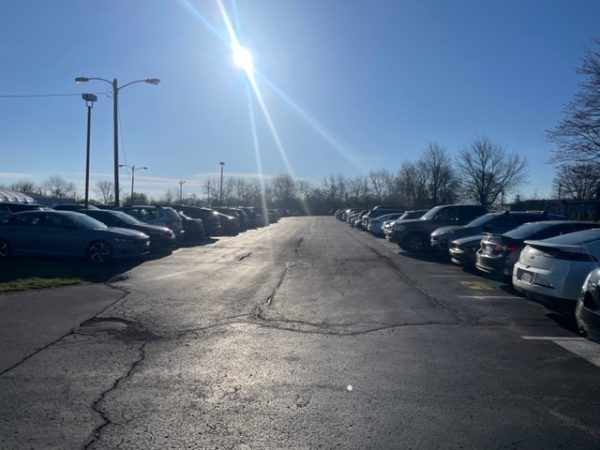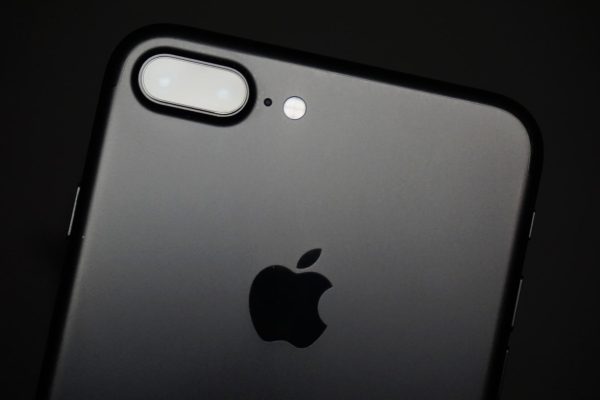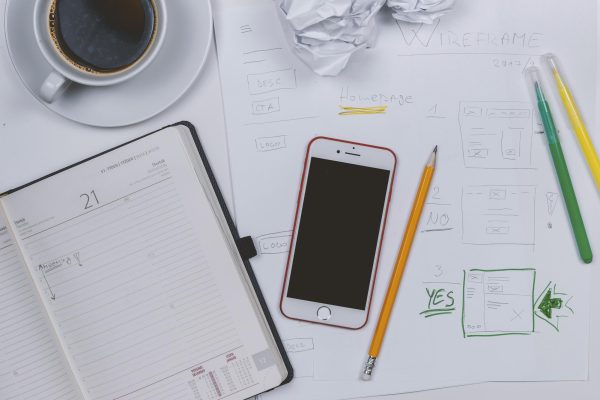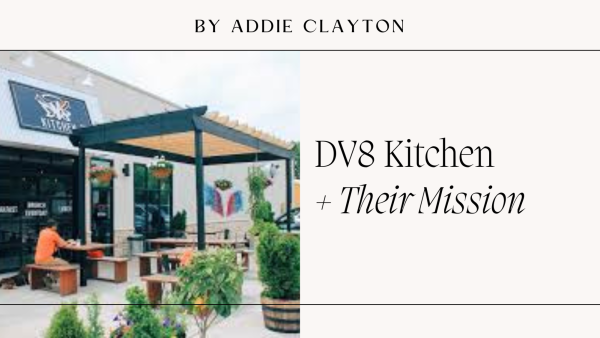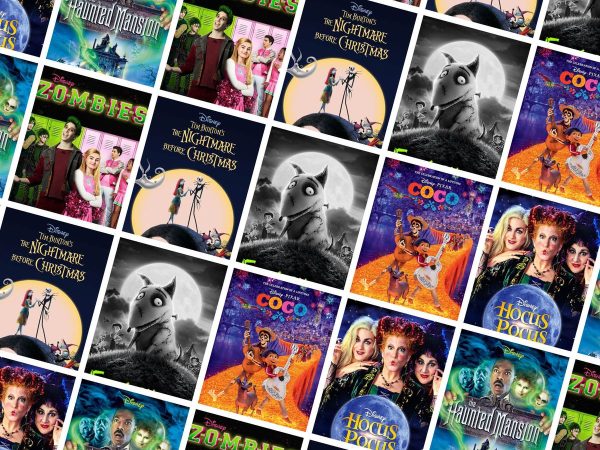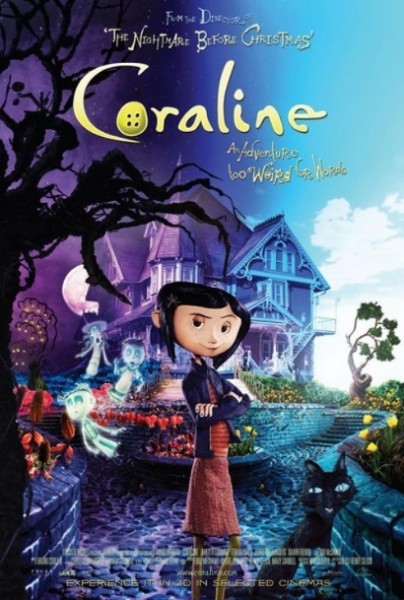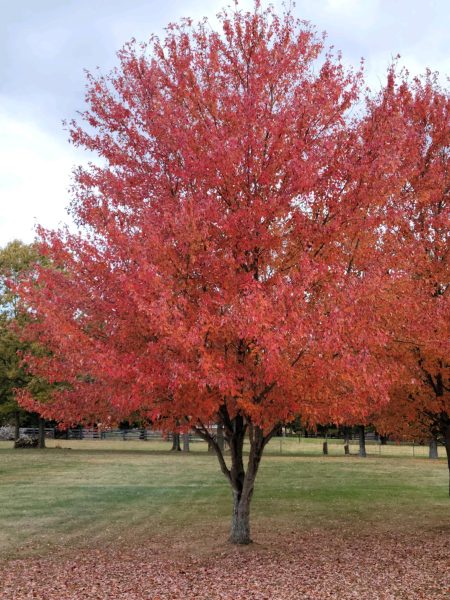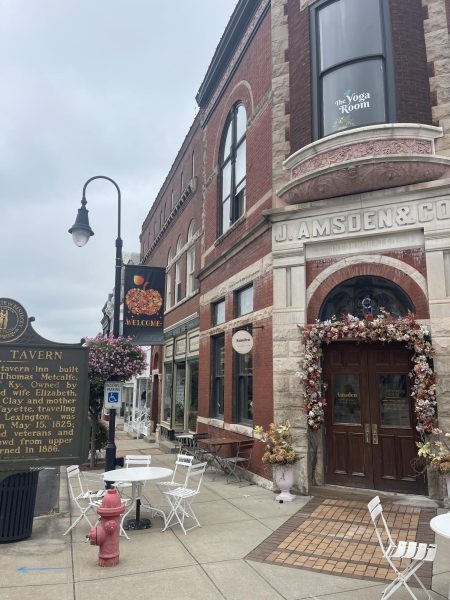What Is Womanhood, Really?
An essay about the experience of womanhood.
The act of womanhood has been diluted through the eyes of a consumer. We are conditioned to commercialize our experiences, even those that are unseen. No matter how far I spiral, I will warp my pain until it is unrecognizable, but digestible and charmingly quirky, disregarding any consequences. “Suffering feels religious if you do it right.” Women have been taught to rationalize their suffering through the commodification of those who have come before us, and we will leave a model for those after. Womanhood is the all-encompassing condition of carrying the experiences, pain, and pride of the women before you, while simultaneously facing the turbulence and triumphs of your existence as a woman today.
Womanhood is being cautious. I have been told my entire life to be wary; wary of walking at night, of sitting in my car alone, of strangers, coworkers, acquaintances, partners, family, and friends. I am untrusting because I am never safe. I take my birth control discreetly so no one takes advantage of me without consequence, I carry pepper spray on my keys, I take self-defense classes, just in case, and I assume that people have bad intentions. Despite my vigilance, I have been violated more times than I could count on my fingers; and 1 in 3 women have suffered similar experiences to mine. Through the ages of four and eight, I was sexually abused by my older sister, when I was thirteen I was assaulted by my ex-boyfriend’s best friend, when I was fifteen a friend four years older than me rather violently assaulted me. Excluding the outlying experiences that were “not that bad” (i.e. medical malpractice and the various non-consensual joke kisses from friends), I have been defiled by four different people in my seventeen years of life. Even while writing this, I found myself trying to find ways to excuse their behavior by blaming it on my vulnerability and naivety, another autonomic facet of womanhood.
You are a fantasy girl. As Margaret Atwood put it in The Robber Bride, “Male fantasies, male fantasies, is everything run by male fantasies? Up on a pedestal or down on your knees, it’s all a male fantasy: that you’re strong enough to take what they dish out, or else too weak to do anything about it. Even pretending you aren’t catering to male fantasies is a male fantasy: pretending you’re unseen, pretending you have a life of your own, that you can wash your feet and comb your hair unconscious of the ever-present watcher peering through the keyhole, peering through the keyhole in your own head, if nowhere else. You are a woman with a man inside watching a woman. You are your own voyeur.” And just as the women before me, I am inescapably a male fantasy.
I am crying pretty so that my pain is lovable. I am painting my face even when I am alone. And I am always sucking my gut in. As much as I would like to believe that I am beyond that, it is fated. The peeping tom in my mind keeps me in check, making sure I am always beautiful and well-mannered. I cross my legs as tightly as I can because I am scared of taking up space. I want to shrink myself until I’m microscopic because I do not deserve the air I breathe or the areas I occupy. This constant self-correction breeds obsession and forced vanity in every woman; it is hereditary, carried from generation to generation.
Womanhood is being viewed as a commodity; you are here to be consumed. You are born with an expiration date, and your biological clock is ticking faster than the speed of light. Christian Rudder, in his novel Dataclysm, reveals the results of a study regarding the age men and women find the most attractive based on the age preferences entered in dating apps. The study showed that women typically find men within their age range most attractive, whereas men conversely find twenty-year-old women the most attractive, on average. The highest age of preference on the men’s chart was twenty-four. Many women consider their date to be their thirtieth birthday, but it appears it may be sooner than expected, while men never spoil. This imaginary use-by-date puts immense pressure on women to find a life partner as soon as they can. The rush causes these women to select bad partners, which traps them in abusive and loveless relationships. The trauma from domestic abuse has become genetic. Whether a woman has been abused or not, they bear the weight of the possibility on their shoulders; the fear is carried.
Women are viewed as private property by the men in your life, no matter how empowered they are, or how “nice” your surrounding men are. We do not realize how ingrained this notion has become in our society. Kindness to a man can lead him to fall under the impression that he is entitled to a relationship or sex with you, simply for treating him humanely. He views you as his property because you “led him on.” Even the traditional act of a father giving his daughter away at her wedding is a transition of power. You are no longer the property of your father, you are now your husband’s. The turmoil this possession causes in women’s relationships is intergenerational. While women are no longer legally considered property, the remnants of this belief are ever so painfully present.
Womanhood is not being taken seriously; the hysterical, crazy b***ch; the overdramatic girl. I have been denied medical treatment necessary for my well-being since I was in middle school. My chronic depression was painted as me being a melodramatic teenage girl. Of course, you want to end your life, you’re going through puberty! That’s normal! My doctors, my therapist, and my parents, completely disregarded any concern I expressed for my health. I was not permitted to get on anti-depressants until I turned sixteen, but I have been ill since I can remember. I have been brushed off countless times, even I started to believe that I was faking my sadness; it was a cry for attention. My mother wanted to get a hysterectomy after having me, but her doctors would not permit her to have it done until she turned forty, and only then with my father’s permission, even though they were divorced at the time. They did not trust her to make a decision, because she might change her mind and want to have more children after raising two girls. Men, at any age, are allowed to have a vasectomy, without their wife’s permission. Their judgment and free will never is questioned. And although I do not have any personal experience with this, many women with uterine problems, such as endometriosis, cervical cancer/tumors, etc., do not find out for years after experiencing symptoms, because the medical industry severely discredits women’s suffering.
Gillian Flynn highlights the dichotomy between the treatment of men and women in the medical field in her novel, Sharp Objects. “Sometimes I think illness sits inside every woman, waiting for the right moment to bloom. I have known so many sick women all my life. Women with chronic pain, with ever-gestating diseases. Women with conditions. Men, sure, they have bone snaps, they have backaches, they have a surgery or two, yank out a tonsil, insert a shiny plastic hip.” Women’s pain has been interpreted as hormones or theatrics for an eternity, while men receive the treatment they need without a hitch. The complex that forces women to minimize their suffering has been ingrained so heavily, that it is carried from woman to woman.
The complex that forces women to minimize their suffering has been ingrained so heavily, that it is carried from woman to woman. — Chicken Hatcher
We are breaking down barriers and crossing boundaries while remaining in chains. The unspoken sister-like bond forged is the backbone of womanhood. Despite the chaos women face internally and externally, we manage to persevere through the connections we make. We share our experiences, we warn each other about people to stay away from, we believe and protect one another. I encourage you to quit holding the weight of the world on your shoulders, to quit making excuses for those who have wronged you, to allow yourself to be messy and human, to trust your judgment, and to put yourself first. Unraveling all the oppression and trauma you have experienced is a daunting, but possible task. To truly understand your relationship with womanhood, you must take a step back and examine what behaviors are your own and which have been shoved down your throat. Hold the pain and pride of women before close to you; it will help you understand how to face the issues of today. Womanhood is the bond between us, our shared experiences, agony, and joy.

